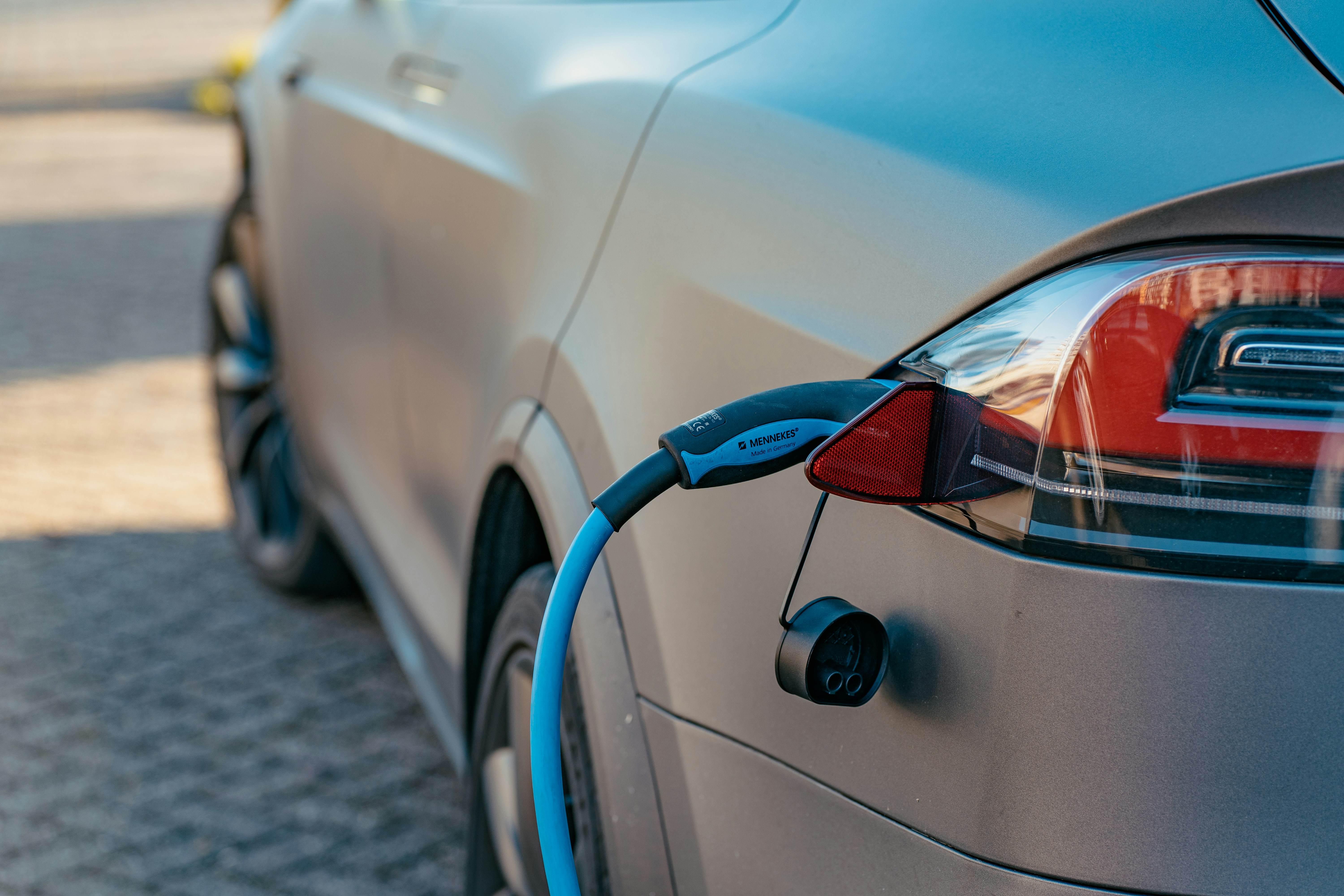On April 24, 2024, Nebraska Legislative Bill 1317 was signed by Governor Jim Pillen. This legislation puts in place a right of first refusal (ROFR) process for any utility-owned direct current fast charger (DCFC) proposals for the next three-and-a-half years, ensuring private investors can serve areas first. After the ROFR requirement sunsets, utilities will still be prohibited from placing any DCFC stations within ten miles of a privately-owned DCFC station that exists or is in the permitting process before the ROFR sunset date of December 31, 2027. This means there is now a three-and-a-half year window in which private entities will be able to establish “fair competition bubbles” around themselves by installing a publicly available DCFC charger, ensuring that no utility competition can come within 10 miles and undercut this investment. There is also language in LB 1317 which helps to establish a level playing field in this growing market by ensuring that any utility-owned chargers in the market operate using the same rates, terms and conditions available to private owner-operators.
Key Provisions of Nebraska LB 1317:
Allows private entities to sell electricity for EV charging by the kWh without being regulated as an electric utility.
Restricts unfair competition from electric utilities through a ROFR process and establishes other protections for privately owned chargers.
Requires utility owned chargers to operate on a level playing field.
Prior to the passage of LB 1317 Nebraska was also the only state in the country that prohibited non-utilities from selling electricity by the kilowatt-hour for EV charging, another major barrier to private investment in EV charging. Nebraska joined the rest of the country in addressing this issue by passing this important legislation. In the 2024 session, CAP was initially supporting Legislative Bill 1218 before the EV charging language was included in LB 1317 as part of Nebraska's legislative process.
Charge Ahead Partnership first engaged in Nebraska to raise concerns with Legislative Bill 505 in 2023. This bill would have allowed EV charging operators to sell electricity for EV charging without being regulated as an electric utility, a necessity for private investment. However, this bill included concerning language which could have encouraged utility rate-basing, keeping private investment out of the market and increasing costs for ratepayers. Ultimately, all language related to EV charging was stripped out of LB 505 while the bill was in committee and CAP returned in 2024 to support LB 1317.


